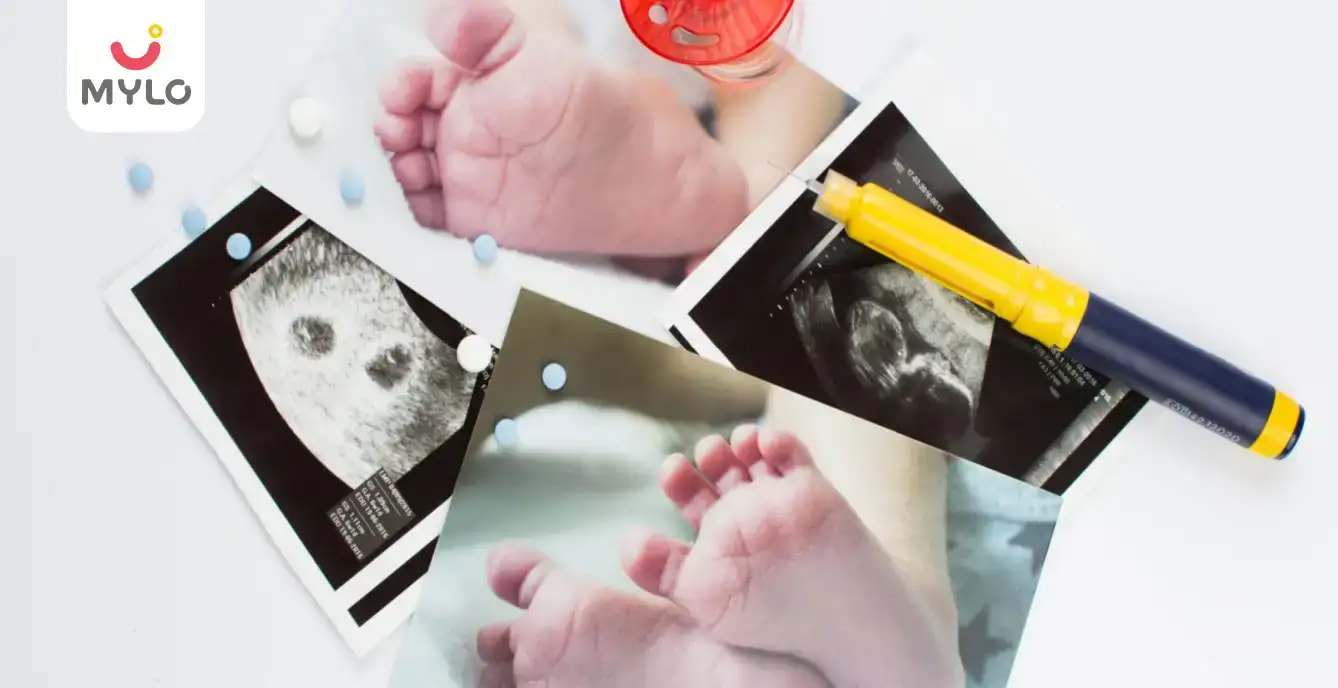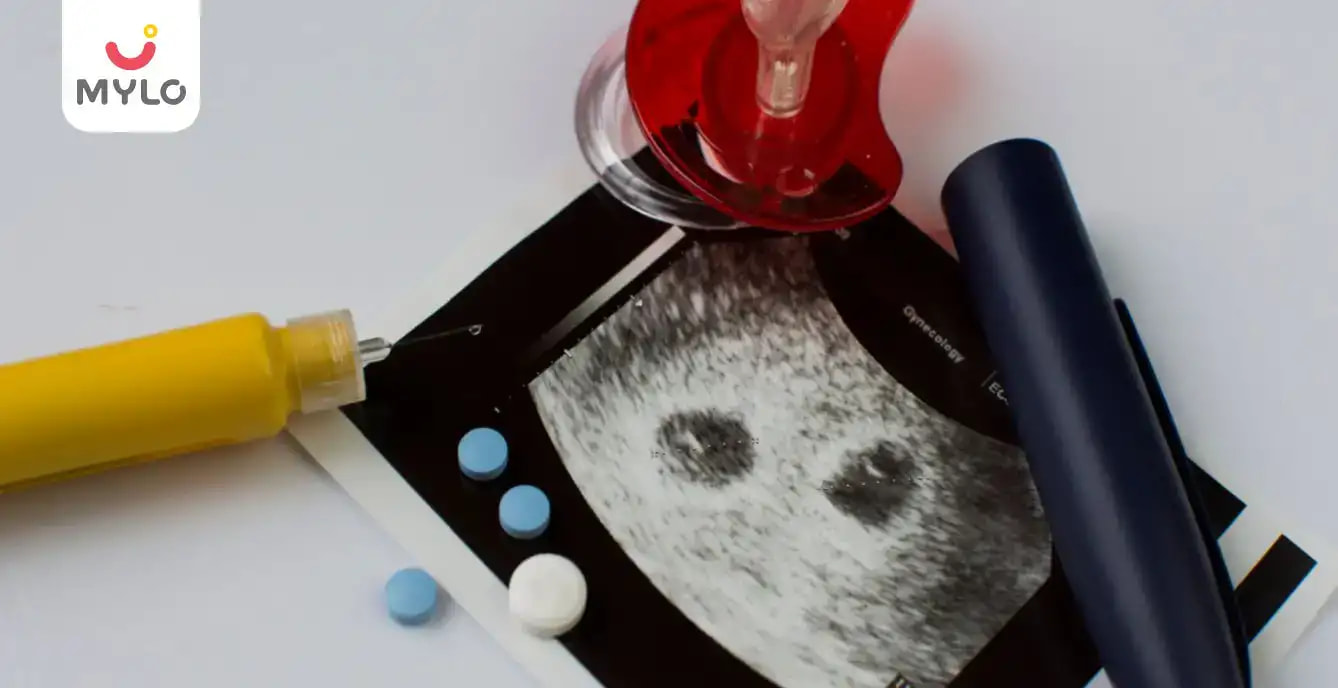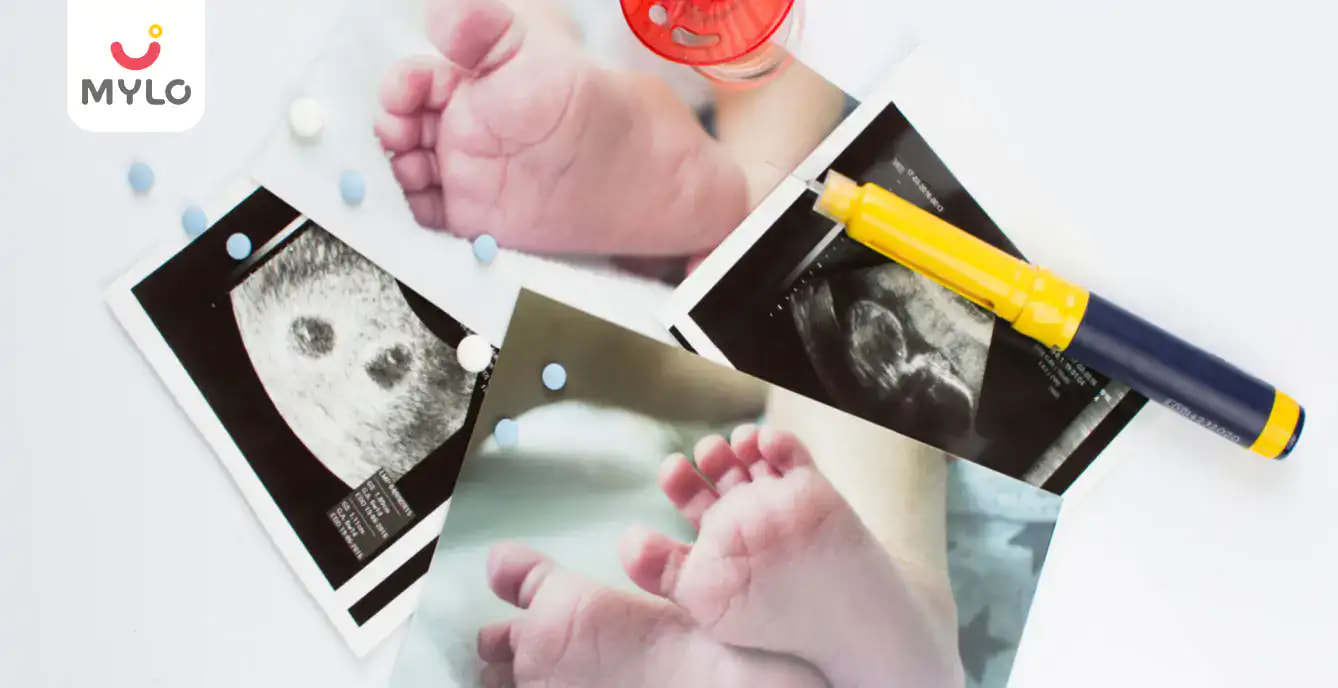Home

Conception

Who Can Get IUI (Intra Uterine Insemination) Procedure?
In this Article

Conception
Who Can Get IUI (Intra Uterine Insemination) Procedure?
Updated on 3 November 2023
Introduction
An Intra Uterine Insemination (IUI) procedure is a treatment that is used to help a woman conceive. An IUI is a relatively simple procedure that involves the insertion of sperm into the woman’s uterus through her cervix.
As long as both partners are healthy and have no fertility issues, an IUI is a viable option for couples trying to conceive. However, certain factors can affect a person’s eligibility for IUI, so it is necessary to consult with a doctor about getting an IUI procedure done instead of other options such as an in-vitro fertilisation (IVF) procedure.
Factors that can affect eligibility for IUI
Here are some factors affecting eligibility for IUI:
1. Age
An IUI is generally not recommended for patients over 35 years of age. However, there is no maximum age restriction on eligibility, so a person may be able to undergo this procedure if within the guidelines set by their doctor.
2. Fertility status
If attempts at traditional infertility treatments such as ovulation induction have been unsuccessful, the doctor may recommend trying an IUI procedure as another option. But it is critical to discuss all the options – including IUI vs IVF – with the doctor before starting any treatment.
3. Medical history
If a person has certain medical conditions, their doctor may not recommend undergoing an IUI procedure due to the increased risk of complications. So it is important to consider all health issues and consult with a doctor before scheduling an appointment for an IUI treatment.
Characteristics that can help improve chances of success during IUI
Comprehensive fertility testing: One key factor in achieving successful pregnancies via IUI is ensuring both partners are healthy. In order to maximise the chances of success, it is important to undergo a comprehensive fertility testing, including tests for sex hormones, mitochondrial DNA, and chromosomal abnormalities.
Good general health: Aside from being free of any underlying medical conditions, another key factor in achieving successful pregnancies via IUI is general good health. If both partners are healthy and have no prior history of complications during fertility treatments, the potential for successful outcomes increases significantly.
Risks of IUI
There are a few potential risks associated with an IUI, but they are relatively minor. The most common complication is recorded in older women undergoing the procedure, who may experience increased bleeding; this can be dealt with by using effective supplements and intravenous fluids. Other possible complications include:
1. Difficulty getting pregnant:
Although success rates for IUI procedures are generally quite high, if a patient does not get pregnant within six months, the doctor may recommend continuing to try IUI for other reasons, or recommend other treatments such as IVF. It is important for the patient to stay up-to-date on their fertility status and discuss any concerns with their doctor.
2. Miscarriage:
Although rare, miscarriage can occur during IUI treatment. If a patient experiences a miscarriage, it is imperative they talk to their doctor as soon as possible about what happened and why. There are a variety of potential causes for a miscarriage, so the doctor may be able to provide guidance on how to avoid this outcome in the future.
What to expect during IUI procedure?
There are a few key steps to be taken before undergoing an IUI. Firstly, the doctor will likely prescribe fertility medication to help promote ovulation and increase the likelihood of successful fertilisation. Once ovulation has occurred, the patient will be scheduled for the IUI procedure. During the IUI, sperm is delivered directly into the uterus, through the cervix, via a catheter – a thin, flexible tube.
Eligibility for IUI
Any woman who is not pregnant and has healthy ovaries can get an IUI procedure done. However, as her age increases, the success rate of the IUI procedure decreases.
IUI success rates
IUI success rates vary from 3% to 13% depending on the age of the woman. The conception rate decreases as the age of the woman increase due to increased chances of age-related issues with the woman’s eggs.
How to prepare for IUI?
Before a patient undergoes an IUI, it is important they ensure they are well-prepared. This includes taking the necessary steps to increase their chances of becoming pregnant, such as not using contraception and increasing their intake of folic acid. Also, they can clarify any concerns or questions they may have about the procedure with their doctor.
Conclusion
If a man or woman is planning to seek fertility treatment, it is suggested they consult a fertility specialist to receive expert guidance. There is also an array of other options that can help increase a person’s chances of conception, such as lifestyle changes and medications. The most successful way to get the desired results is by trying different techniques and honing in on the one that works the best.
References
- Allahbadia GN. (2017) Intrauterine Insemination: Fundamentals Revisited. www.ncbi.nlm.nih.gov
- Ayeleke RO, Asseler JD, Cohlen BJ, Veltman-Verhulst SM. (2020). Intra-uterine insemination for unexplained subfertility. www.ncbi.nlm.nih.gov



Written by
Priyanka Verma
Priyanka is an experienced editor & content writer with great attention to detail. Mother to an 11-year-old, she's a ski
Read MoreGet baby's diet chart, and growth tips

Related Articles
Related Questions
Influenza and boostrix injection kisiko laga hai kya 8 month pregnancy me and q lagta hai ye plz reply me

Hai.... My last period was in feb 24. I tested in 40 th day morning 3:30 .. That is faint line .. I conculed mylo thz app also.... And I asked tha dr wait for 3 to 5 days ... Im also waiting ... Then I test today 4:15 test is sooooo faint ... And I feel in ma body no pregnancy symptoms. What can I do .

Baby kicks KB Marta hai Plz tell mi

PCOD kya hota hai

How to detect pcos

Related Topics
RECENTLY PUBLISHED ARTICLES
our most recent articles

Diet & Nutrition
গর্ভাবস্থায় আলুবোখরা: উপকারিতা ও ঝুঁকি | Prunes During Pregnancy: Benefits & Risks in Bengali

Diet & Nutrition
গর্ভাবস্থায় হিং | ঝুঁকি, সুবিধা এবং অন্যান্য চিকিৎসা | Hing During Pregnancy | Risks, Benefits & Other Treatments in Bengali

Women Specific Issues
স্তনের উপর সাদা দাগ: লক্ষণ, কারণ এবং চিকিৎসা | White Spots on Nipple: Causes, Symptoms, and Treatments in Bengali

Diet & Nutrition
গর্ভাবস্থায় পোহা: উপকারিতা, ধরণ এবং রেসিপি | Poha During Pregnancy: Benefits, Types & Recipes in Bengali

Diet & Nutrition
গর্ভাবস্থায় মাছ: উপকারিতা এবং ঝুঁকি | Fish In Pregnancy: Benefits and Risks in Bengali

Diet & Nutrition
গর্ভাবস্থায় রেড ওয়াইন: পার্শ্ব প্রতিক্রিয়া এবং নির্দেশিকা | Red Wine During Pregnancy: Side Effects & Guidelines in Bengali
- ইনার থাই চ্যাফিং: কারণ, উপসর্গ এবং চিকিৎসা | Inner Thigh Chafing: Causes, Symptoms & Treatment in Bengali
- গর্ভাবস্থায় ব্রাউন রাইস: উপকারিতা ও সতর্কতা | Brown Rice During Pregnancy: Benefits & Precautions in Bengali
- Velamentous Cord Insertion - Precautions, Results & Safety
- Unlock the Secret to Flawless Skin: 7 Must-Have Qualities in a Face Serum
- Unlock the Secret to Radiant Skin: How Vitamin C Serum Can Transform Your Complexion
- Gender No Bar: 10 Reasons Why Everyone Needs a Body Lotion
- Unlock the Secret to Radiant Skin How to Choose the Perfect Body Lotion for Your Skin Type
- Top 10 Reasons to Apply a Body Lotion After Every Bath
- Communication in Toddlers: Milestones & Activities
- How to Improve Vocabulary for Toddlers?
- A Comprehensive Guide to Understanding Placenta Accreta
- Vulvovaginitis in Toddlers Causes, Symptoms and Treatment
- A Comprehensive Guide to Understanding Cerebral Palsy in Children
- Bitter Taste in Mouth During Pregnancy: Understanding the Causes and Remedies


AWARDS AND RECOGNITION

Mylo wins Forbes D2C Disruptor award

Mylo wins The Economic Times Promising Brands 2022
AS SEEN IN

- Mylo Care: Effective and science-backed personal care and wellness solutions for a joyful you.
- Mylo Baby: Science-backed, gentle and effective personal care & hygiene range for your little one.
- Mylo Community: Trusted and empathetic community of 10mn+ parents and experts.
Product Categories
baby carrier | baby soap | baby wipes | stretch marks cream | baby cream | baby shampoo | baby massage oil | baby hair oil | stretch marks oil | baby body wash | baby powder | baby lotion | diaper rash cream | newborn diapers | teether | baby kajal | baby diapers | cloth diapers |








